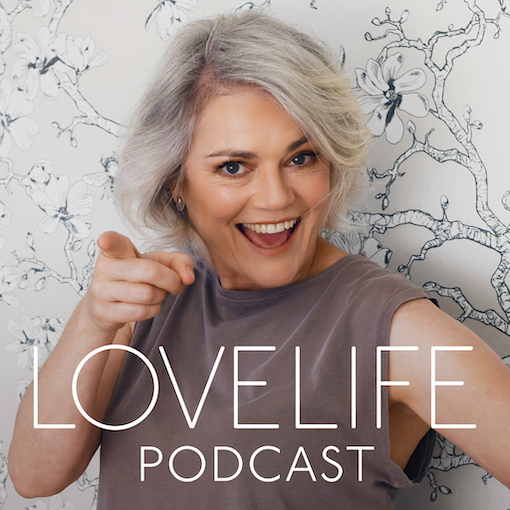
There’s a misbelief that Tantra takes a long time, that it requires hours of sensual, ecstatic pleasuring. It can be, but it can also be quick.
Tantric sex is not about the amount of time that it takes, it’s about the presence that it’s done with. When two people come together with mindfulness, when they are completely present with every movement, when their lovemaking is a flowing dance - it doesn’t matter if it’s a gentle snuggle under the sheets late at night or early morning, or if it’s a rough and vigorous ravishing, or indeed hours of sensuality, it’s the dance and flow of connected energy between the parties. (This applies just as much to solo sex or group sex.)
If you are new to the Tantric or mindful approach to sex you may need to take time to truly connect, engaging in breath and sensual touch activities to allow yourself to ‘sink in to sync in’.
If you are experienced with this work then you may need no preparation at all, the sinking into yourself and the syncing in between you happens in moments. Personally, I love it in the morning when my lover rolls over to cuddle me and I invite his penis in with no preparation, often it’s not even particularly hard. We can lie there together with little or no movement, at other times it moves into some serious ravishing! But it doesn’t last long because the day looms.
That’s the beauty of the Tantric mindful approach, you can engage in the bathroom while the kids are having their breakfast, you can nip into a spare room while out at a party, in the car, before you get up, as you’re getting ready to go out.
It’s not about orgasm, about needing to ‘get off’; it’s about connection and generating a delicious sexual energy within and between you.
In fact, you need to have these quick and deep connections, it’s all part of keeping the connection between you strong, keeping the ‘mmm’ factor alive in your relationship. It also keeps the woman’s ‘water energy’ simmering, so she’s open and receptive and coming from a place of ‘yes!’ - or reigniting his ‘fire energy’ if his spark has gone out.
It’s about having a seamless transition between all aspects of life; allow life to flow rather than putting all your energy into controlling it.
My book 'Sex Secrets for Busy People' is essentially about the Tantric Quickie.















